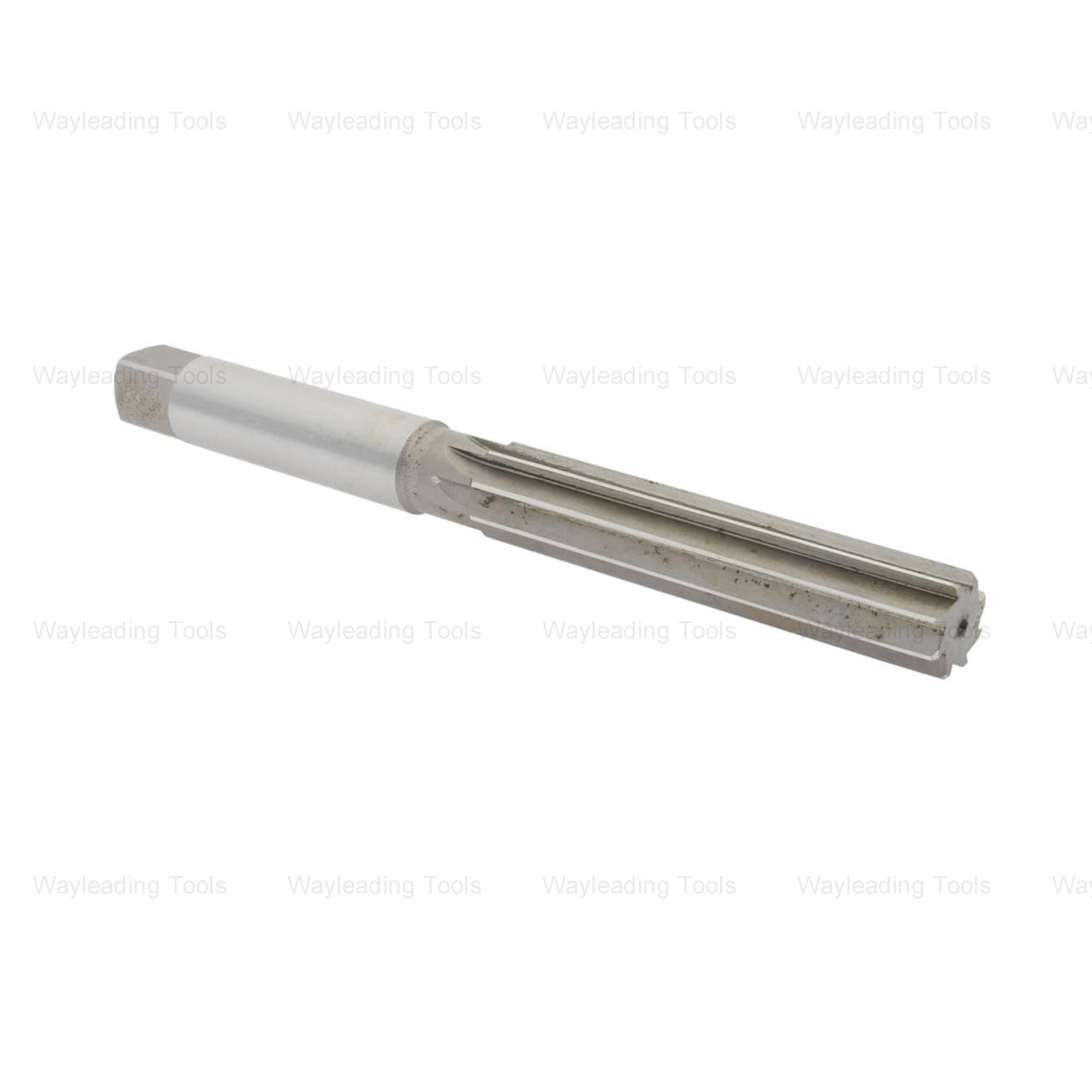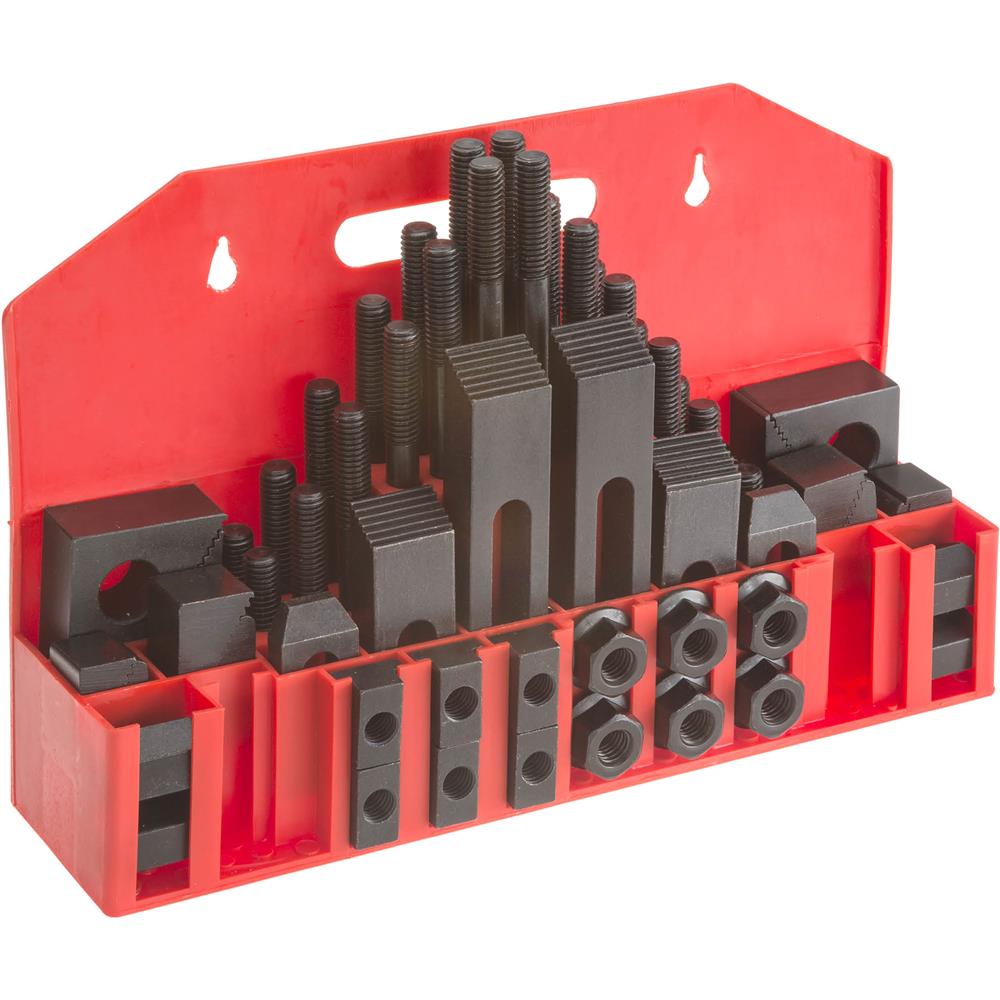Micrometer Manufacturer
Selecting the right micrometer manufacturer is crucial for ensuring accuracy and reliability in your measurements. This guide provides a comprehensive overview of what to look for in a micrometer manufacturer, covering key factors such as product range, precision, quality control, customization options, and customer support, helping you make an informed decision to meet your specific needs.
Understanding Your Needs: Defining Micrometer Requirements
Before diving into the selection process, it's essential to define your specific requirements for micrometers. Consider the following factors:
- Application: What will the micrometers be used for? Different applications, such as machining, quality control, or research, require different levels of precision and features.
- Measurement Range: What is the range of measurements you need to take? Select micrometers with a range that comfortably accommodates your typical measurements.
- Resolution and Accuracy: What level of precision do you require? Ensure the micrometers offer the necessary resolution and accuracy for your application. Pay attention to the manufacturer's stated accuracy specifications.
- Environment: Will the micrometers be used in a harsh environment (e.g., dusty, wet, or extreme temperatures)? Consider selecting micrometers with appropriate environmental protection.
- Budget: Establish a budget for your micrometer purchase. While quality is important, there are micrometers available at various price points to suit different budgets.
Key Considerations When Evaluating Micrometer Manufacturers
Once you've defined your requirements, you can start evaluating potential micrometer manufacturers. Here are some key factors to consider:
Product Range and Specialization
Does the manufacturer offer a wide range of micrometers to suit different applications? Look for manufacturers that offer a variety of types, including:
- Mechanical Micrometers: Traditional micrometers offering reliable and accurate measurements.
- Digital Micrometers: Provide digital readouts for enhanced precision and ease of use.
- Specialty Micrometers: Designed for specific applications, such as blade micrometers, tube micrometers, and point micrometers.
A broad product range indicates that the manufacturer understands the diverse needs of its customers.
Precision and Accuracy Standards
Accuracy is paramount when it comes to micrometers. Check what standards the manufacturer adhere to. Look for manufacturers that comply with recognized standards such as:
- ISO 9001: An international standard for quality management systems.
- ISO/IEC 17025: A standard for the competence of testing and calibration laboratories.
Additionally, review the manufacturer's specifications for each micrometer model, paying close attention to accuracy, resolution, and repeatability.
Quality Control and Material Selection
The quality of materials and manufacturing processes directly impacts the durability and accuracy of micrometers. Inquire about the manufacturer's quality control procedures. Key questions to ask include:
- What materials are used in the construction of the micrometers? High-quality materials like hardened steel and carbide provide better wear resistance and dimensional stability.
- What quality control measures are in place to ensure accuracy and consistency? Look for manufacturers that perform rigorous testing and inspection throughout the manufacturing process.
- Are the micrometers calibrated and traceable to national standards? Traceability ensures that the measurements are accurate and reliable.
Customization Options
Some applications require customized micrometers to meet specific needs. Does the micrometer manufacturer offer customization options? Common customization options include:
- Specialized Anvils: Different anvil shapes to accommodate various workpiece geometries.
- Custom Measurement Ranges: Micrometers with extended or reduced measurement ranges.
- Digital Output Options: Interfaces for data acquisition and integration with other systems.
A manufacturer that offers customization can provide solutions tailored to your unique requirements.
Customer Support and After-Sales Service
Excellent customer support is essential for a positive experience. Consider the following aspects of customer support:
- Availability: Is the manufacturer easily accessible via phone, email, or online chat?
- Technical Expertise: Does the manufacturer have knowledgeable staff who can answer your technical questions?
- Warranty: What is the warranty period offered on the micrometers?
- Calibration and Repair Services: Does the manufacturer offer calibration and repair services to maintain the accuracy and functionality of your micrometers?
Prompt and reliable customer support can save you time and money in the long run.
Top Micrometer Manufacturers to Consider
While this isn't an exhaustive list, here are some well-regarded micrometer manufacturers known for their quality and reliability:
- Mitutoyo: A global leader in metrology, offering a wide range of micrometers with exceptional precision. Mitutoyo's website provides detailed product specifications.
- Starrett: Known for their durable and reliable measuring tools, including a variety of micrometers.
- Brown & Sharpe: A long-standing manufacturer of precision measuring instruments.
- Mahr: Offers high-precision measuring instruments, including digital and mechanical micrometers.
- Wayleading Tools: A rising provider of quality measuring instruments, including various types of micrometers. Visit Wayleading Tools for a comprehensive look at their products.
Remember to research and compare different manufacturers to find the best fit for your needs.
Practical Examples and Use Cases
To illustrate the importance of choosing the right micrometer manufacturer, let's consider a few practical examples:
| Use Case | Requirement | Recommended Micrometer Type | Considerations |
|---|---|---|---|
| Machining of precision parts | High accuracy and repeatability | Digital micrometer with 0.001mm resolution | Consider a micrometer with a carbide-tipped spindle for increased wear resistance. |
| Quality control of manufactured components | Traceability and calibration to national standards | Mechanical micrometer with calibration certificate | Ensure the micrometer is calibrated regularly to maintain accuracy. |
| Measuring the wall thickness of tubes | Specialized anvil for accurate measurement of curved surfaces | Tube micrometer | Select a tube micrometer with a suitable measuring range for the tube sizes being measured. |
Conclusion: Making an Informed Choice
Choosing the right micrometer manufacturer is a critical decision that can significantly impact the accuracy and reliability of your measurements. By carefully considering your specific needs, evaluating potential manufacturers based on key factors such as product range, precision, quality control, and customer support, and reviewing practical examples, you can make an informed choice and ensure that you select micrometers that meet your requirements and provide years of reliable service.
Related products
Related products
Best selling products
Best selling products-
 Auto Self Reversible Tapping Chuck In Drill Machine
Auto Self Reversible Tapping Chuck In Drill Machine -
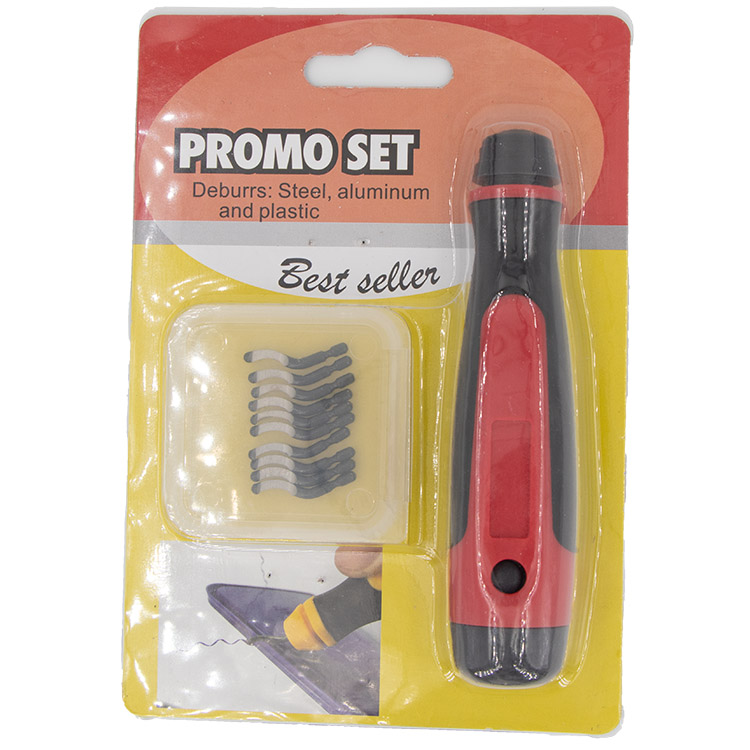 Type B Light Duty Deburring Tool Set With Deburring Holder And Deburring Blade
Type B Light Duty Deburring Tool Set With Deburring Holder And Deburring Blade -
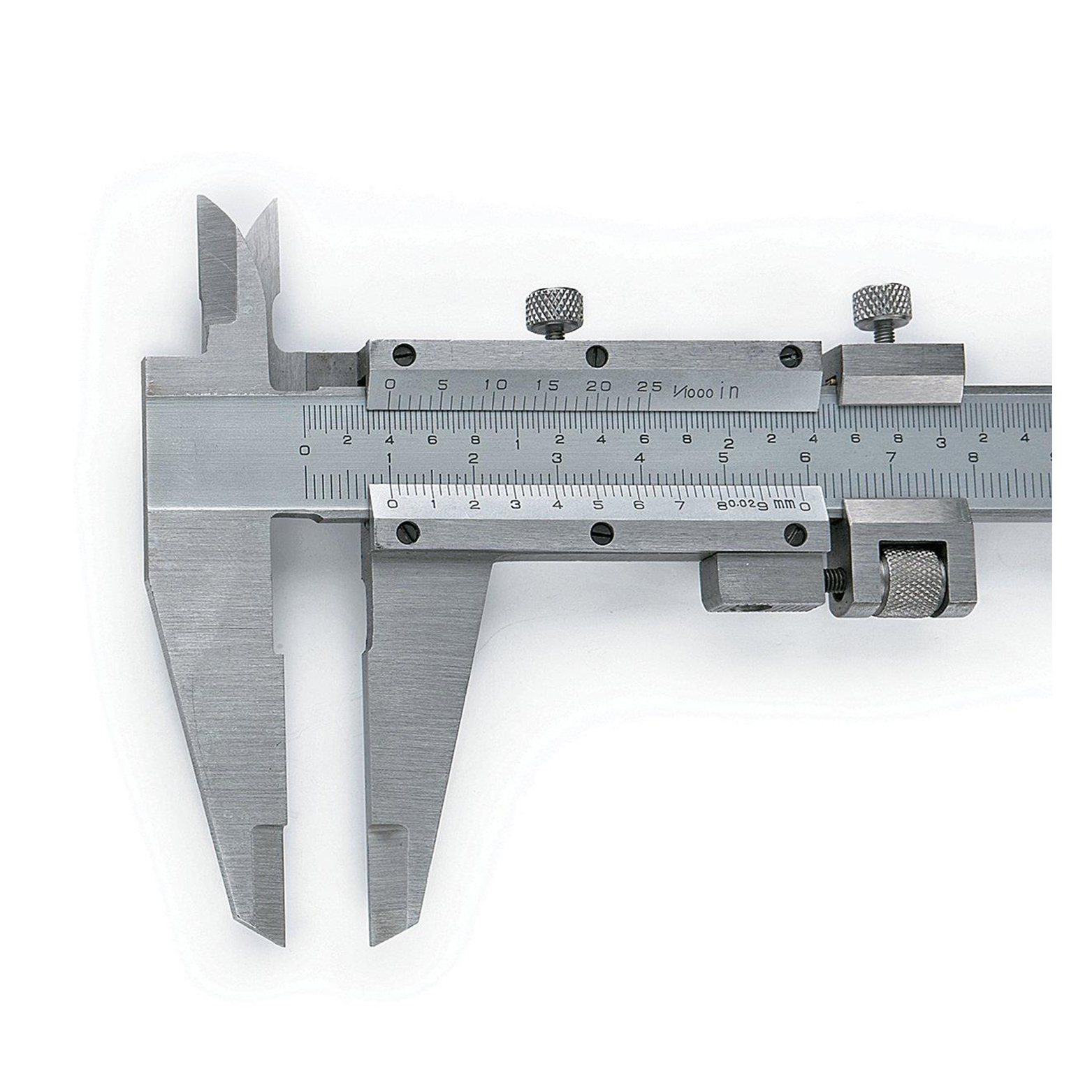 Precision Fine-Adjustment Vernier Caliper Of Metric & Imperial For Industrial
Precision Fine-Adjustment Vernier Caliper Of Metric & Imperial For Industrial -
 Deburring Tool Holder For The Deburring Tool Blades
Deburring Tool Holder For The Deburring Tool Blades -
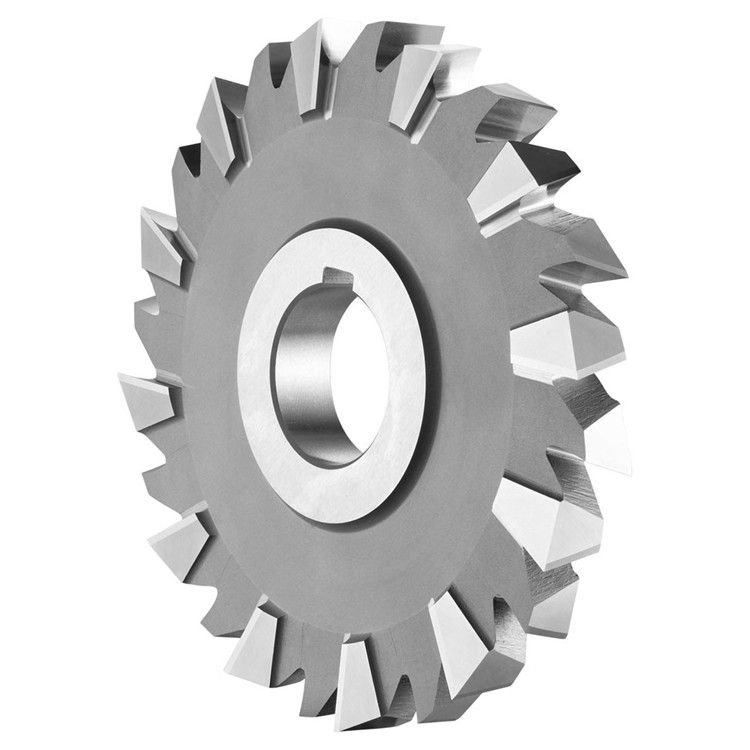 HSS Metric Side Milling Cutter With Bright Or TiN And TiAlN Coated
HSS Metric Side Milling Cutter With Bright Or TiN And TiAlN Coated -
 MT/R8 Shank Quick Change Tapping Chuck With MT & R8 Shank
MT/R8 Shank Quick Change Tapping Chuck With MT & R8 Shank -
 Inch ER Collets With Hight Precision Milling
Inch ER Collets With Hight Precision Milling -
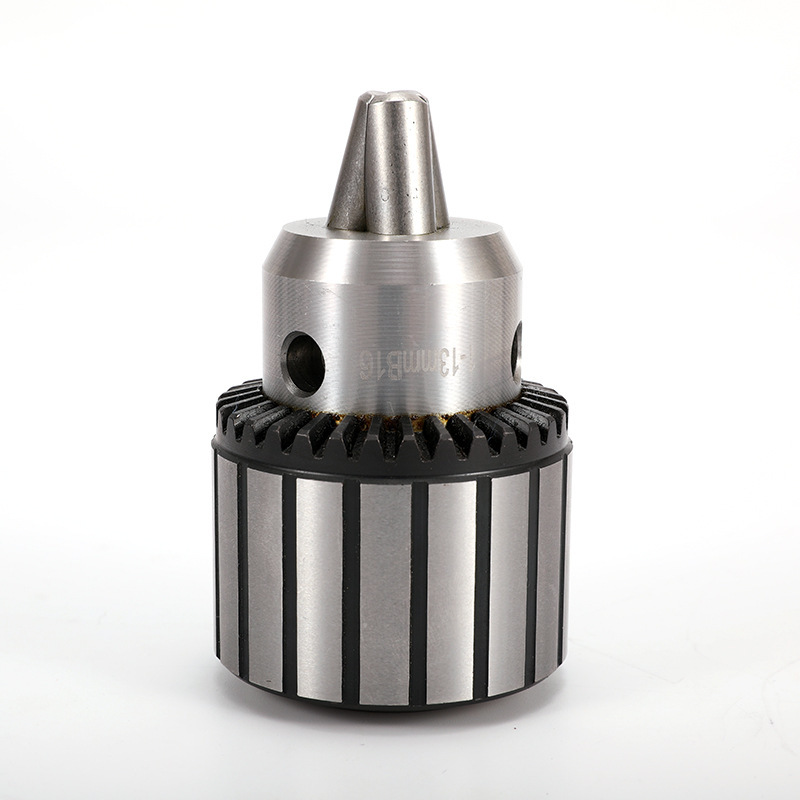 Key Type Drill Chuck With Heavy Duty Type
Key Type Drill Chuck With Heavy Duty Type -
 Precision V Block Set With High Quality Type
Precision V Block Set With High Quality Type -
 Metric HSS Step Drills With Straight Flute
Metric HSS Step Drills With Straight Flute -
 APKT Milling Insert For Indexable Milling Cutter
APKT Milling Insert For Indexable Milling Cutter -
 Digital Depth Gauge With Stainless Steel For Industrial Type
Digital Depth Gauge With Stainless Steel For Industrial Type
Related search
Related search- Wholesale UN threading insert
- Wholesale disk micrometer
- Wholesale Round Die
- MSKN turning tool holder Factories
- Grooving Holder Manufacturers
- A55 threading insert Supplier
- nptf threading insert Supplier
- High-Quality MTJN turning tool holder
- SE indexable thread turning tool Supplier
- milling chuck set Suppliers





